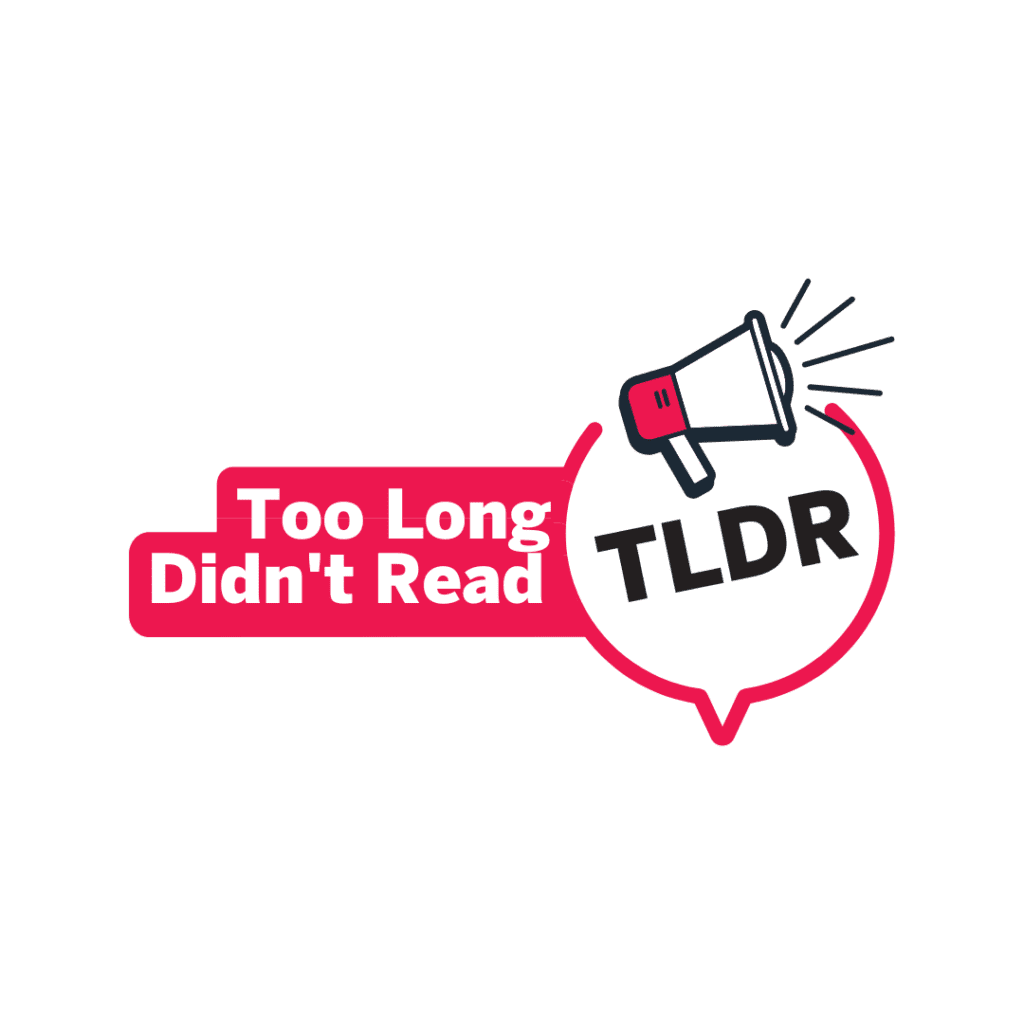

Project Summary
The purpose of this dissertation was to explore the biographies of five Canadian women coaches using Jarvis’s theory of human learning to understand how the multitude of experiences throughout their lives have contributed to their learning and coaching development.
Coaches learn from a number of different situations and their past experiences influence what they choose to pay attention to and learn (Werthner & Trudel, 2009). Understanding the process of learning to coach can be explored holistically over the course of an individual’s lifespan. This thesis was guided by Jarvis’ (2006, 2007, 2009) theory of human learning, which takes a psychosocial perspective to understanding the way that individuals perceive their social situations, change their biographies, and become who they are over the course of their lives.
These findings add to the emerging body of literature on female coaches and coach learning by further understanding how the coaches’ biographies determined what kinds of learning opportunities they each found meaningful; the importance of social connections in learning to coach; and the importance of reflection in understanding the interconnections of learning from life experiences. The study may motivate women coaches in understanding how lifelong learning influences their career paths and it informs coach education programs about the muddled reality of coaches’ learning and development.
Research Methods
A constructivist paradigm was used to explore individual perceptions of social experiences (Light, 2008) and to understand how coaches learn based on their experiences. Purposive sampling, as recommended by Polkinghorne (2005), was used to select five women coaches with long careers in coaching and representing a variety of sports. Four semi-structured and in-depth interviews were conducted with each coach. Each interview lasted approximately two hours. Jarvis’ (2006) theoretical framework guided the questions in the interviews. Each interview was transcribed and sent to the participants via email to be member checked. In keeping with Creswell’s (2007) and Polkinghorne’s (1995) outline of a narrative methodology, the interview data were chronologically organized into a narrative of the learning experiences that occurred throughout the lifespan of each participant. Each narrative was structured into approximately 20 pages single-spaced based on an in-depth examination of each transcript to ensure that all learning experiences were included in the narrative.
Research Results
The main findings of the dissertation study include:
- the women coaches learned from situations before they became coaches (in childhood and adolescence) including experiences with family, at school, and in sport that influenced their approaches to coaching;
- the women coaches were open to learning and sought out many meaningful opportunities to learn that helped them develop and become experienced as coaches;
- the women coaches developed values throughout life experiences influenced coaching actions;
- as the researcher, my own process of learning throughout the PhD degree was influenced by my lifetime of experiences to date;
- methodologically, the constructivist research process was a co-creation between the researcher and the participants.
Limitations
A limitation of this research was the focus on the individual. I chose a predominantly psychological approach, while not forgetting the importance of the social context; therefore, a global and structural understanding of learning from a more sociological perspective was beyond the scope of this dissertation.
Due to the framework that I used in this dissertation, the questions that I asked the participants regarded their individual learning experiences, which I cannot say with certainty were caused by their gender or social positions within the power structure of institutions or culture.
While I acknowledge that it is possible to be a coach and not learn year after year, the interview questions drew out meaningful experiences for the women coaches that helped to explore their learning.
Policy Implications
This research can be used to enhance sport participation for women coaches in two ways: (a) to help women coaches reflect on learning experiences in coaching, and (b) to create recommendations for coaching education initiatives led by the roadmap of the Canada’s Sport Policy 2.0 (CSP, 2012).
- This dissertation provides stories of real women coaches, in real settings, with real athletes, in real learning situations. It is hoped that the narratives and articles act as motivators to other women coaches who can find some similarities in the experiences and can reflect on and develop solutions to their own issues based on the understanding that they have a wealth of knowledge from their previous experiences throughout life and that they are not alone in what they are experiencing. Therefore, as suggested in the key principles of the CSP, we should include inspirational story-lines or narratives of successful women coaches to create resonance with others and build a long-term coach development concept within the policy.
- The practical implications of this research for coaching education initiatives, instigated by the CSP to provide direction to the sport community, while allowing stakeholders to contribute in their own ways include:
- Providing women coaches with the opportunity to have a multitude of coaching experiences,
- Providing women coaches with the opportunity to tell stories about those experiences (to other coaches, facilitators, peers, mentors). For instance, networking with other coaches helped the women coaches learn information and receive advice. Coaching conferences are important forums for women to gain access to a network of women coaches, advocate for themselves, and listen to others.
- Providing women coaches with the opportunity to learn how to reflect on their experiences, values, actions, and decisions to develop future goals and directions (to not only reflect on coaching experiences, but also other relevant experiences that may influence their coaching approach).
- e.g., In courses, help facilitators learn to properly assist coaches in reflecting on their lives, on what they do, and on how they do it.
- e.g., Provide coaches with the opportunity to explore personal coaching approaches while working with athletes to discover these authentic approaches.
- e.g., Provide program policies on completing end-of-season progress reports and performance reviews to help coaches think about their seasons and plan for upcoming seasons.
- Providing women coaches with the opportunity to work in collaborative ways with one another so that they develop strong and professional relationships with individuals from whom they can learn. In particular, a performance management strategy, in which Sport Organizations are flexible (i.e. work sharing) and provide financial support and job security to women coaches, such as through maternity leave and through salaried coaching positions would help increase the low number of women coaches and retain them in the workforce. Such progress could be measured, monitored and easily managed to develop a more equitable gender-ratio in coaching.
Next Steps
The Canadian Sport Policy has as its goal “to maximize the benefits of sport and to mitigate its potential negative impacts” since sport can benefit persons and communities “under the right conditions”. Therefore, future research can focus on how women coaches can engage in learning opportunities that are more inclusive and accessible, and help promote sustainable careers. Furthermore, research could explore how sport participation is experienced by the athletes and participants led by coaches engaged in lifelong learning. For instance, future research endeavors could focus on how coaches implement what they learned from their lifelong experiences to attempt to facilitate positive sport experiences for their athletes. More specifically, if values are developed throughout life and are inherent in coaching actions, how do these values translate to the coaches’ athletes, especially youth, the aging population of sport participants, those of differing gender, cultures, and/or ethnic backgrounds? Future research could explore how relationships created between coach and athlete enhance or diminish a positive influence in sport participation and the development of life skills. In this way, the process of participation in sport can continue to be monitored and evaluated.
Key Stakeholders and Benefits
Sport Canada:
Sport Canada may benefit from the findings of this study as there are meaningful stories of women coaches who note the many lifelong experiences that led them to their coaching careers. It is important for Sport Canada, and the Canadian Sport Policy-makers, to be aware that such narratives act as motivators to other women coaches who can find some similarities in the experiences and can reflect on and develop solutions to their own issues based on the understanding that they are not alone in what they are experiencing.
Coaches Association of Canada:
- Coaches Association of Canada may benefit from the findings of this study as there are concrete implications to coach education initiatives that derive from the research:
- Provide coaches with the opportunity to have a multitude of coaching experience
- Provide coaches with the opportunity to tell stories about those experiences (to other coaches, facilitators, peers, mentors)
- Provide coaches with the opportunity to have their stories told back to them as food for reflection
- Provide coaches with the opportunity to learn how to reflect on their experiences, values, actions, and decisions to develop future goals and directions (to not only reflect on coaching experiences, but also other relevant experiences that may influence their coaching approach)
- Provide coaches with the opportunity to work in collaborative ways with one another so that they develop strong and professional relationships with individuals from whom they can learn